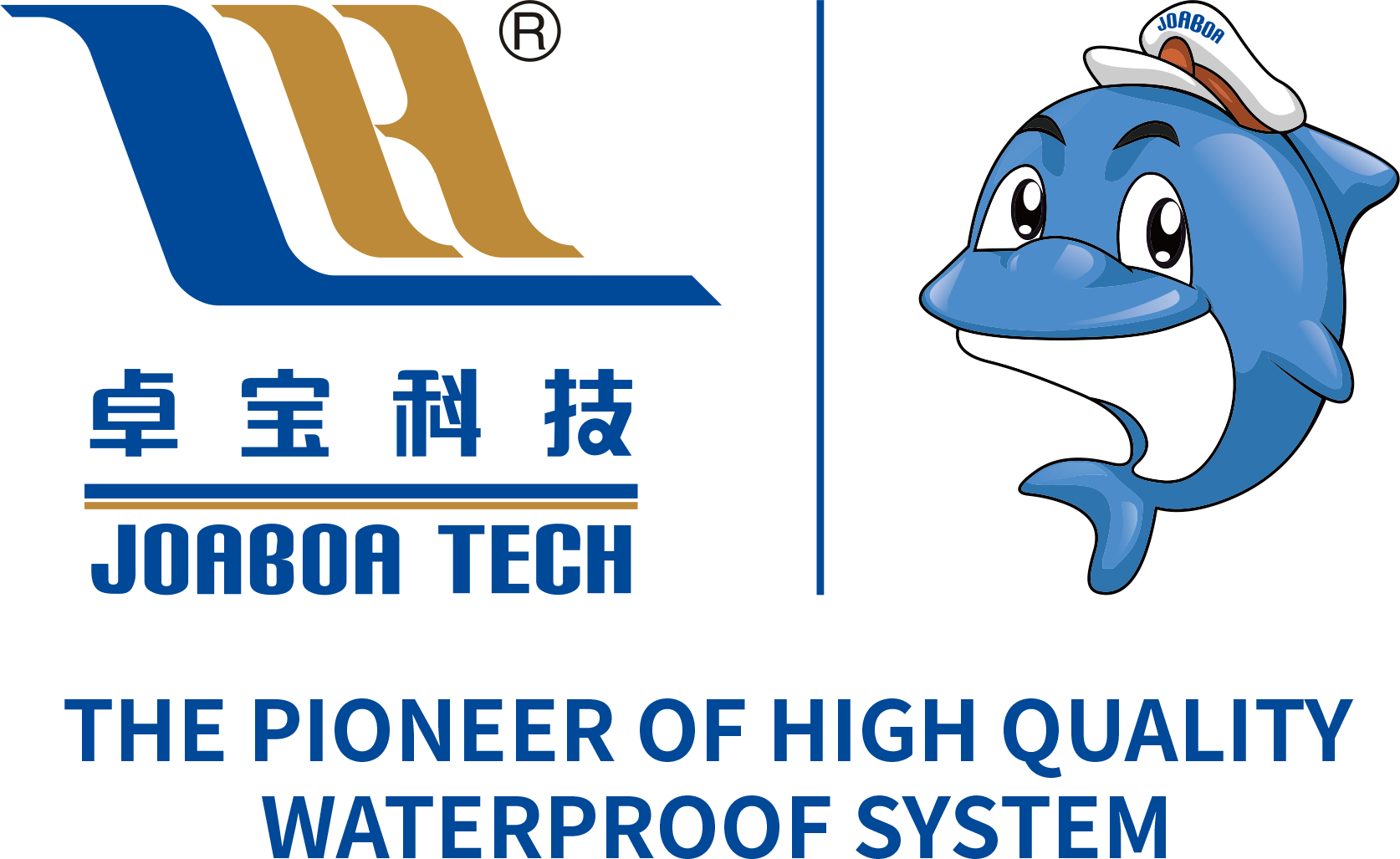Navigating the World of Customized Root Resistant Waterproofing Products
2025-07-21 11:20
Navigating the World of Customized Root Resistant Waterproofing Products
As the demand for effective waterproofing solutions grows, the construction and landscaping industries are increasingly turning their attention to customized root-resistant waterproofing products. These innovative products not only prevent water infiltration but also protect structures from the damaging effects of invasive plant roots. This article will explore the intricacies of root-resistant waterproofing, its applications, benefits, and the latest advancements in the field.
Table of Contents
- Understanding Root Resistant Waterproofing
- The Importance of Root Resistant Products
- Applications of Root Resistant Waterproofing
- Materials Used in Customized Waterproofing
- Key Benefits of Customized Waterproofing Solutions
- Selecting the Right Waterproofing Solution
- Future Trends in Root Resistant Waterproofing
- FAQs About Root Resistant Waterproofing
- Conclusion
Understanding Root Resistant Waterproofing
Root resistant waterproofing products are specially designed to create a barrier against water ingress while simultaneously preventing roots from penetrating and damaging structures. These products are fundamentally important in urban landscaping, where plants and trees are often in close proximity to buildings. By understanding the mechanisms behind these products, professionals can make informed decisions regarding their use in various applications.
What Makes a Product Root Resistant?
The root-resistant properties of waterproofing products come from their composition and design. These products often feature a combination of durable membranes, unique polymers, and additives that inhibit root penetration while maintaining flexibility and adhesion to surfaces. The materials used in these products can vary based on the intended application, environmental conditions, and specific project requirements.
The Importance of Root Resistant Products
Employing root-resistant waterproofing products is crucial for several reasons:
Protection of Structural Integrity
Invasive roots can cause significant structural damage over time. By using root-resistant products, we can protect basements, foundations, and other structures from the pressure and moisture that roots can exert.
Enhanced Longevity of Waterproofing Systems
Waterproofing systems that incorporate root resistance tend to have a longer lifespan. This leads to reduced maintenance costs and fewer repairs, which is crucial for both residential and commercial properties.
Environmental Considerations
In an era where sustainability is paramount, root-resistant waterproofing products offer a solution that minimizes environmental impact. By promoting healthy landscaping without compromising structural integrity, these products support sustainable practices.
Applications of Root Resistant Waterproofing
Customized root-resistant waterproofing products find applications in various sectors, including:
Residential Construction
Homeowners often seek root-resistant solutions to protect their basements and foundations from moisture and root-related damage. This is particularly important in areas with high groundwater levels or where large trees are present.
Commercial Buildings and Infrastructure
In commercial settings, where large structures are built, the risk of root intrusion can be even greater. Utilizing root-resistant waterproofing is essential for maintaining the integrity of these buildings and ensuring long-term performance.
Landscaping and Green Roof Systems
Green roofs are becoming increasingly popular in urban environments. Root-resistant waterproofing products are integral to these systems, as they prevent roots from penetrating the underlying structures while allowing for healthy plant growth.
Materials Used in Customized Waterproofing
Choosing the right materials is critical for the effectiveness of root-resistant waterproofing products. Here are some commonly used materials:
Bituminous Membranes
Bituminous membranes are widely used in waterproofing due to their excellent impermeability and flexibility. They provide a robust barrier against water and roots, making them ideal for various applications.
Polyurethane Coatings
Polyurethane coatings offer unique properties, including UV resistance and high elasticity. When applied, they form a seamless membrane that effectively prevents both water and root penetration.
EPDM Rubber
EPDM (Ethylene Propylene Diene Monomer) rubber is highly resistant to weathering and is often used in roofing and waterproofing applications. Its durability and flexibility make it a popular choice for root-resistant solutions.
Key Benefits of Customized Waterproofing Solutions
Utilizing customized root-resistant waterproofing products offers several advantages:
Tailored Solutions
Every project has unique requirements. Customized products can be designed to meet specific environmental and structural needs, ensuring optimal performance.
Cost-Effectiveness
Investing in quality root-resistant waterproofing products can lead to long-term savings by reducing the chances of costly repairs and replacements due to root damage.
Improved Aesthetics
Many root-resistant waterproofing solutions are designed to integrate seamlessly with landscaping elements. This ensures that the aesthetic appeal of the property is maintained while providing necessary protection.
Selecting the Right Waterproofing Solution
Choosing the right root-resistant waterproofing solution involves several considerations:
Project Requirements
Assess the specific needs of your project, including the types of plants involved, the environmental conditions, and the structural integrity of the building.
Durability and Warranty
Look for products that offer long-lasting durability and come with a warranty. This is a good indicator of the manufacturer's confidence in their product's performance.
Installation Process
Consider the complexity of the installation process. Some products may require professional installation, while others can be applied DIY. Ensure you have the necessary skills and resources to implement the chosen solution effectively.
Future Trends in Root Resistant Waterproofing
The landscape of root-resistant waterproofing is evolving. Some trends to watch for include:
Smart Waterproofing Technologies
The integration of smart technologies into waterproofing systems is on the rise. These innovations can offer real-time monitoring of moisture levels and structural integrity.
Sustainable Materials
There is a growing emphasis on using eco-friendly materials in waterproofing products. Manufacturers are increasingly exploring sustainable options that align with environmental goals.
Enhanced Customization
As the demand for personalized solutions increases, manufacturers are likely to offer even more customized options, allowing for greater flexibility in product design and application.
FAQs About Root Resistant Waterproofing
What is root-resistant waterproofing?
Root-resistant waterproofing refers to products designed to prevent water ingress while also inhibiting plant roots from penetrating structures, protecting them from damage.
Where is root-resistant waterproofing typically used?
These products are commonly used in residential construction, commercial buildings, and landscaping, particularly in green roof systems.
What materials are used in root-resistant waterproofing products?
Common materials include bituminous membranes, polyurethane coatings, and EPDM rubber, each offering unique properties beneficial for waterproofing.
How do I select the right root-resistant waterproofing solution?
Consider project requirements, durability, warranty, and installation complexity when selecting your waterproofing solution.
What are the benefits of customized waterproofing products?
Customized solutions provide tailored protection, cost-effectiveness, and improved aesthetics, ensuring a comprehensive approach to waterproofing and root resistance.
Conclusion
Navigating the world of customized root-resistant waterproofing products allows for informed decision-making in both residential and commercial applications. With a variety of materials and technology advancements at our disposal, we can ensure that structures remain safe from invasive roots while maintaining effective waterproofing. By understanding the importance of these products and their applications, we can better protect our investments and contribute to sustainable practices in the construction and landscaping industries.
Related News









